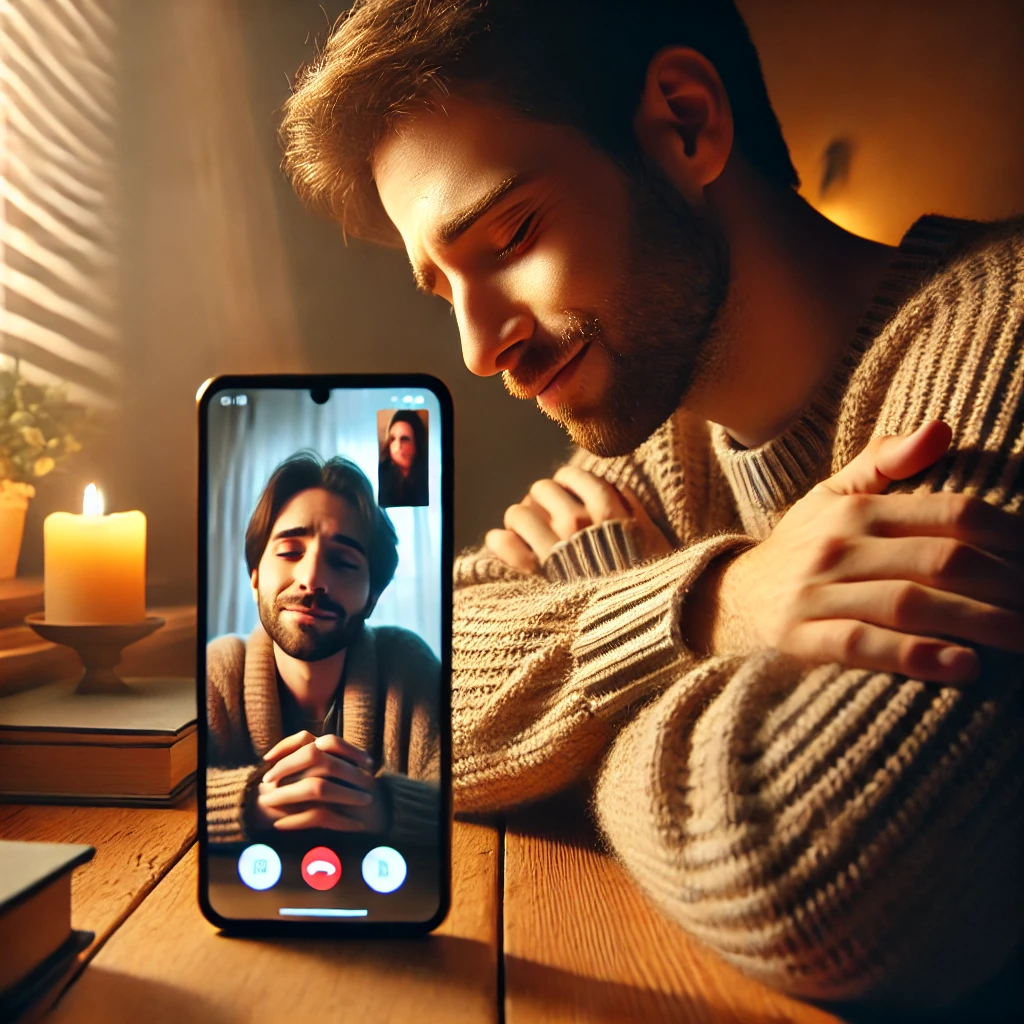
Rebuilding trust after an argument in a long-distance relationship (LDR) is a challenging yet essential endeavor. The physical separation inherent in LDRs can exacerbate misunderstandings and heighten emotional responses, making trust both more vital and more vulnerable. However, with intentional effort and effective strategies, couples can not only restore but also strengthen their bond.
Understanding the Unique Challenges of LDRs
Long-distance relationships are more common than one might think. In the United States alone, over 14 million couples identify as being in an LDR. Notably, 75% of college students have experienced a long-distance relationship at some point during their studies. While these relationships offer opportunities for personal growth and independence, they also present unique challenges.
One significant challenge is the lack of physical presence, which can lead to feelings of loneliness and insecurity. Without regular face-to-face interactions, partners may struggle with limited non-verbal communication cues, making it harder to interpret each other’s emotions and intentions. This limitation can increase the likelihood of misunderstandings and conflicts.
The Impact of Arguments on Trust
Arguments are natural in any relationship, but in LDRs, they can have a more profound impact. The absence of immediate reconciliation opportunities, such as a comforting hug or simply being together, can prolong negative feelings. Consequently, rebuilding trust becomes a deliberate process that requires patience and commitment.
Strategies for Rebuilding Trust
- Open and Honest CommunicationTransparency is the cornerstone of trust. After an argument, it’s crucial to discuss the issue openly, allowing both partners to express their feelings without interruption. Active listening fosters understanding and demonstrates respect for each other’s perspectives.
- Acknowledge and ApologizeTaking responsibility for one’s actions is vital. A sincere apology can mend emotional wounds and pave the way for healing. It’s essential to acknowledge the hurt caused and express genuine remorse.
- Set Clear ExpectationsEstablishing mutual expectations regarding communication frequency, virtual dates, and future plans can provide a sense of security. When both partners know what to expect, it reduces uncertainty and builds trust.
- Utilize Technology WiselyWhile technology bridges the physical gap, it’s essential to use it mindfully. Regular video calls, voice messages, and texts can maintain connection. However, over-reliance or misuse, such as excessive monitoring, can lead to feelings of suffocation. Balancing connectivity with personal space is crucial.
- Plan Visits and Future GoalsHaving a timeline for visits or a plan for eventually closing the distance can provide hope and motivation. Shared goals reinforce commitment and give both partners something to look forward to.
- Seek SupportSometimes, external support can offer new perspectives. Engaging in online communities or forums where individuals share their LDR experiences can provide comfort and advice. For instance, Reddit hosts communities where users discuss challenges and solutions related to trust in LDRs.
- Practice PatienceRebuilding trust doesn’t happen overnight. It requires consistent effort and understanding. Recognizing that setbacks may occur but remaining committed to the process is key.
Expert Insights
Experts emphasize the importance of empathy and understanding in rebuilding trust. According to a couples therapist, the process involves taking responsibility, empathizing with your partner’s feelings, and collaboratively envisioning a renewed relationship.
Furthermore, studies indicate that the success rate of LDRs is comparable to that of geographically close relationships. Approximately 60% of long-distance relationships are able to maintain their bond successfully.
Conclusion
Rebuilding trust after an argument in a long-distance relationship is undoubtedly challenging, but it’s achievable with dedication and the right approach. By fostering open communication, setting clear expectations, utilizing technology effectively, and practicing patience, couples can navigate the complexities of distance and emerge with a stronger, more resilient bond. Remember, the essence of any relationship lies in mutual respect, understanding, and unwavering commitment.



